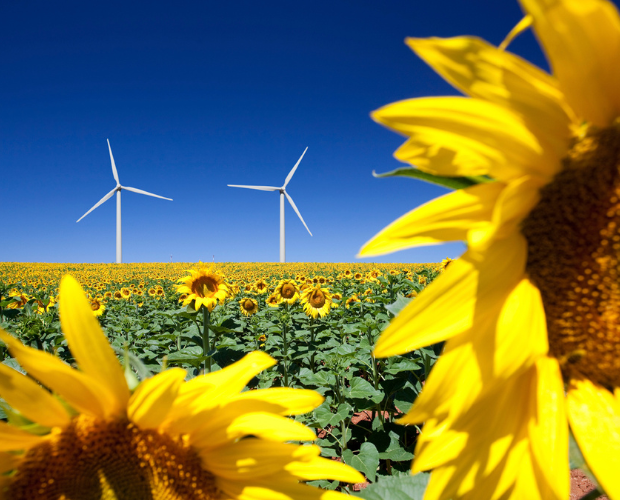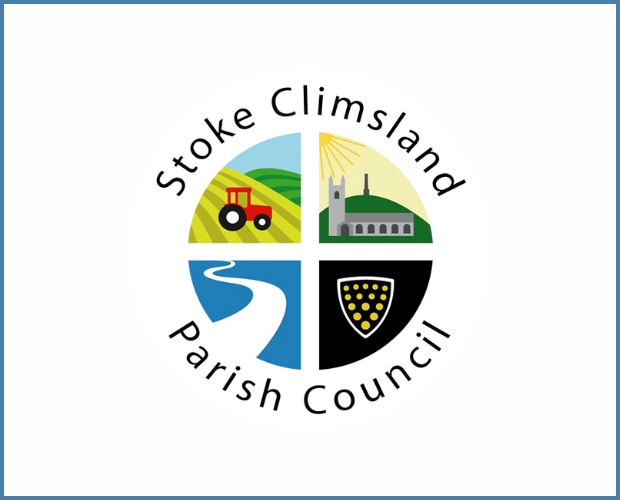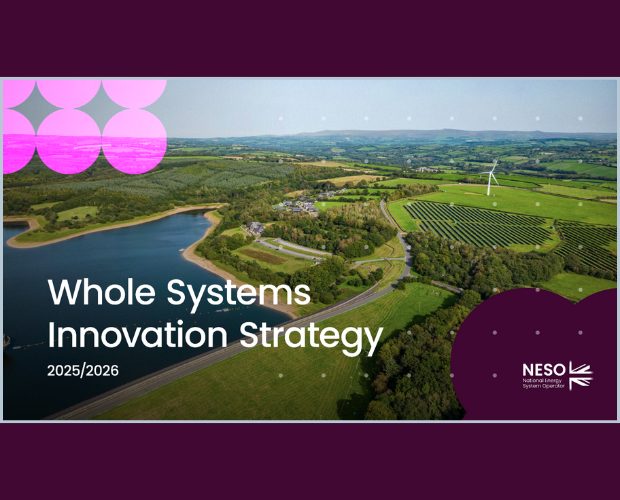T: 01822 851370 E: [email protected]
Ofgem is inviting members of the public to take part in new user research exploring how renewable energy initiatives can better serve local communities, in both urban and rural areas. The research aims to understand how renewable energy schemes are...
National Energy Systems Operator (NESO) are delighted to invite you to participate in a virtual roundtable to hear updates on connections reform. Connections reform underpins a once-in-a-generation opportunity to modernise Great Britain’s (GB’s) energy grid, creating a fairer, more efficient system that boosts economic growth, strengthens energy...
Nick Welch has joined Liquid Gas UK as Deputy CEO and Sustainability Director, to accelerate the industry-wide commitment to deliver renewable liquid gases to rural homes and businesses across the UK. With over 20 years’ experience in energy and climate...
An interview between Ed Miliband and Laura Kuenssberg shown on the BBC on Sunday discussed the importance of clean energy and alternatives to fossil fuel. As part of the discussion, a 5% VAT reduction on energy bills was not ruled...
Stoke Climsland Parish Council has announced the release of a Retrofit Guide intended to help residents make home improvements for a healthier and more energy efficient living environment. The free booklet demonstrates how small changes can help ordinary people save...
The National Energy System Operator (NESO) is inviting local and regional stakeholders to take part in its Regional Energy Strategic Planning (RESP) Autumn Forums, running throughout October 2025. These sessions build on earlier rounds of engagement that have already seen...
The Northern Powergrid Foundation is inviting applications for grants to help village groups and community organisations become more energy resilient. The deadline for applications is Sunday 13 October 2025. Grants are particularly focused on projects that install Low Carbon Technologies...
Rural households are being encouraged to take part in important new research from Rural England CIC, working with the University of Leicester, on how people in rural areas experience and manage their energy and water use. The short online questionnaire...
The National Energy System Operator (NESO) has published its first Whole Systems Innovation Strategy alongside its Innovation Annual Summary. Developed through extensive engagement with industry, the strategy takes a whole systems view of the challenges facing Great Britain’s energy system...
The Government has published a new working paper and accompanying press release addressing proposals for community benefits and shared ownership relating to low carbon energy infrastructure. These documents are now live and open for consultation. The working paper explores the...
NEWSLETTER
Sign up to receive all our latest news and updates.
HOT TOPICS
Amid reduced public spending, fair resource allocation across regions is crucial. Despite a population larger than Greater London, rural areas receive significantly less funding for essential services, even though delivering these services in rural areas is more expensive.
Economic growth is widely acknowledged as essential for national wealth and prosperity and is a priority for political parties. Rural economies, employing millions and home to a higher proportion of small businesses, have potential for growth if barriers are removed.
Rural residents face distinct healthcare challenges, including limited access to transport, longer distances to medical facilities, an aging demographic, housing inadequacies, digital connectivity gaps, and difficulties recruiting health and care workers.
Rural communities are grappling with a severe affordable housing crisis, marked by high house prices, a lack of affordable housing, elevated living costs, and lower incomes, threatening their sustainability and vitality.
Transport is vital for the quality of life and economic health of rural areas, yet it faces challenges such as infrequent public bus services and less Government funding compared to urban regions.
Rural areas, encompassing a substantial portion of England's population and land, play a pivotal role in combating climate change and achieving the net zero target.
In an increasingly digital world, the lack of robust digital infrastructure in rural areas severely limits access to crucial services and stifles economic growth.
A future-focused vision for rural communities involves not just building the right homes in the right places but also ensuring thriving, sustainable communities.
SIGN UP TO OUR NEWSLETTER
Sign up to our newsletter to receive all the latest news and updates.













